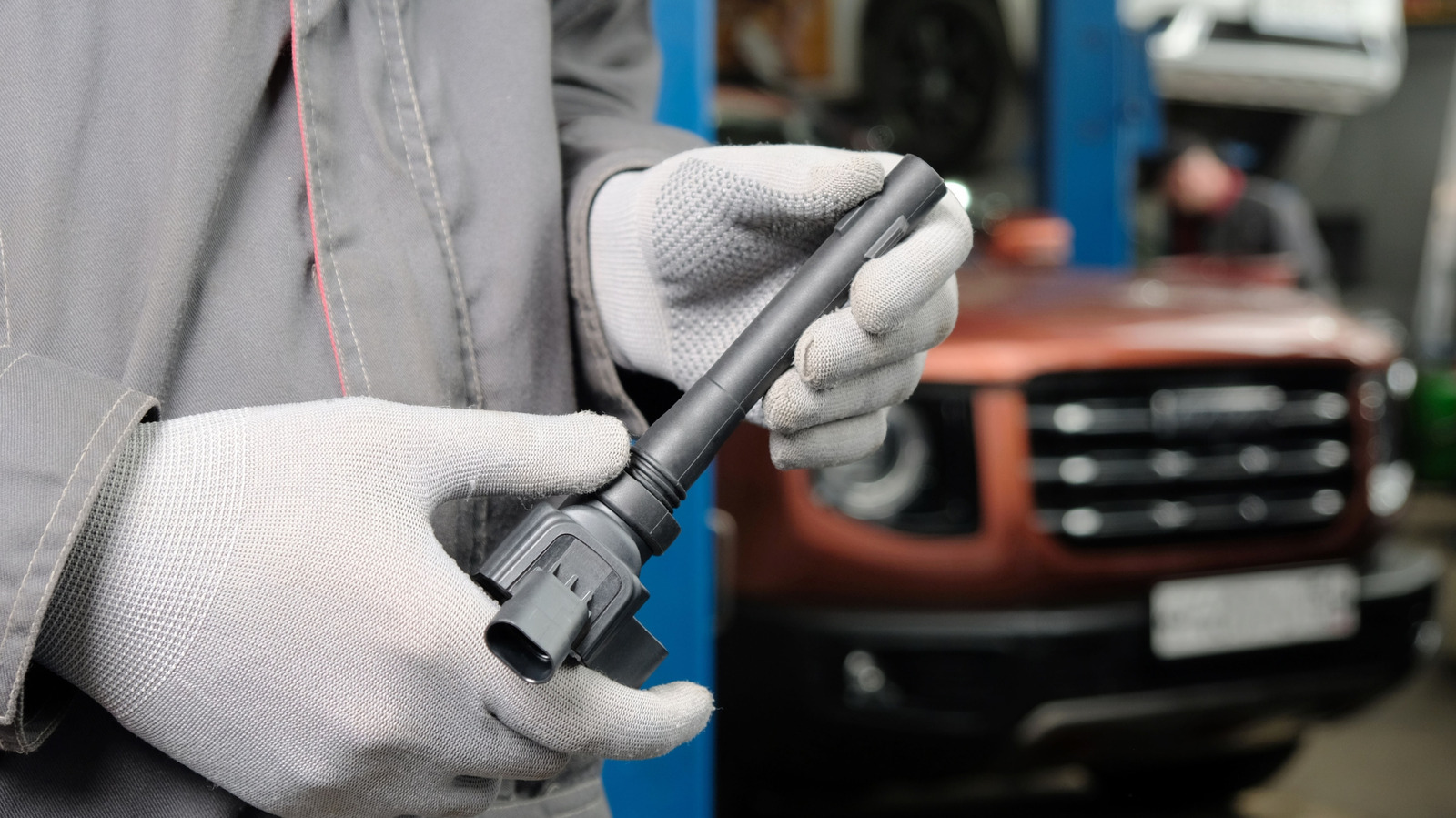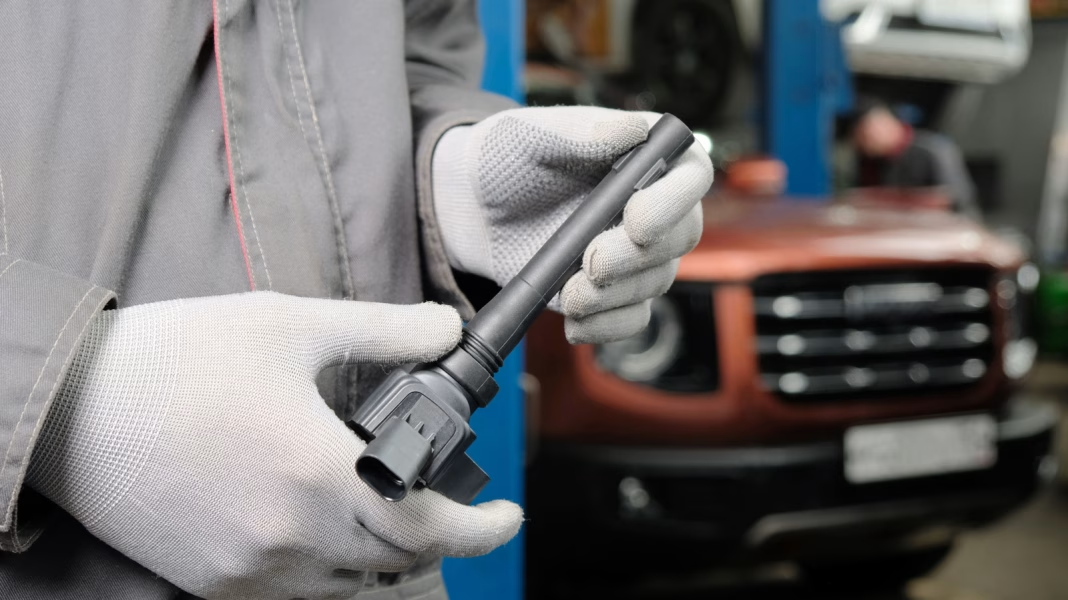How Can You Tell if Your Ignition Coil Is Failing?
You know that feeling when your car just doesn’t sound quite right? Maybe it’s a rough idle, a sudden drop in power, or even a stubborn check engine light that refuses to quit. While spark plugs are often the first suspects, ignition coils are the unsung heroes (or culprits) behind a lot of these issues. Unlike spark plugs, which have a pretty standard replacement schedule, ignition coils can be unpredictable. So, how do you spot the warning signs before you’re stranded on the side of the road?
What Are the Classic Symptoms of a Bad Ignition Coil?
Let’s start with the basics. A failing ignition coil can show up in a few different ways, but the most common symptoms are hard to ignore. If your engine starts misfiring—think sputtering, jerking, or even backfiring—it’s a big red flag. You might also notice your car is harder to start, especially on cold mornings. Poor fuel economy is another telltale sign; if you’re filling up more often but driving less, your ignition coil could be to blame.
Another symptom that’s easy to overlook is a rough idle. If your car shakes or vibrates when stopped, don’t just chalk it up to old age. And of course, the dreaded check engine light. Modern vehicles are pretty good at detecting misfires, and a faulty ignition coil will almost always trigger a code. According to a 2023 survey by AAA, ignition-related issues are among the top five causes of roadside breakdowns in the US, so it pays to pay attention.
Why Do Ignition Coils Fail in the First Place?
Ignition coils aren’t immortal, but they’re not supposed to be fragile, either. So what knocks them out of commission? Heat is a big factor. Coils sit right on top of the engine, soaking up all that warmth, and over time, the insulation inside can break down. Oil or coolant leaks can also seep into the coil, causing it to short out. And if your spark plugs are worn or gapped incorrectly, they can put extra strain on the coil, shortening its lifespan.
It’s not just about age, either. Some coils fail early due to manufacturing defects or poor-quality replacements. That’s why it’s worth investing in reputable brands and making sure your mechanic uses the right parts for your vehicle.
How Much Does It Cost to Replace an Ignition Coil?
Let’s talk numbers, because nobody likes surprises at the repair shop. The cost to replace a single ignition coil can range from $70 to $300, depending on your car’s make and model. Labor usually adds another $50 to $150. If your vehicle uses a coil-on-plug system (where each cylinder has its own coil), you might need to replace more than one at a time, especially if they’re all the same age.
Some drivers try to save money by swapping out just the bad coil, but experts at the National Institute for Automotive Service Excellence (ASE) often recommend replacing all coils at once if one has failed, especially on high-mileage vehicles. It’s a bit like changing all your light bulbs when one goes out—you’ll save yourself from repeated trips to the mechanic.
Can You Replace an Ignition Coil Yourself?
If you’re handy with a wrench, replacing an ignition coil is one of those DIY jobs that’s totally doable for most people. You’ll need a basic socket set and a little patience. Just remember to disconnect the battery before you start, and make sure you’re installing the correct coil for your engine. There are plenty of step-by-step guides and videos from trusted sources like the Car Care Council and major auto parts retailers.
One tip: Always check your spark plugs while you’re in there. If they’re worn or fouled, swap them out at the same time. A fresh set of plugs can help your new coils last longer and keep your engine running smoothly.
What Happens If You Ignore a Bad Ignition Coil?
It’s tempting to put off repairs, especially if your car is still running. But driving with a bad ignition coil can lead to bigger headaches down the road. Unburned fuel from misfires can damage your catalytic converter—a repair that can easily top $1,000. You’ll also see a drop in fuel efficiency and performance, and you might even fail your next emissions test.
In rare cases, a failing coil can cause your engine to stall unexpectedly, which is not something you want to experience in heavy traffic. Bottom line: Ignoring the problem won’t make it go away, and it could cost you a lot more in the long run.
What’s the Best Way to Prevent Ignition Coil Problems?
Routine maintenance is your best defense. Stick to your vehicle’s recommended schedule for spark plug replacement, and have your ignition system checked at regular intervals. If you notice oil or coolant leaks, get them fixed right away—fluids and ignition coils do not mix. And when it’s time to replace parts, opt for quality components from reputable brands. It’s a small investment that pays off in reliability.
The big takeaway? Keeping your ignition system healthy isn’t about perfection—it’s about smarter adjustments. Start with one change this week, and you’ll likely spot the difference by month’s end.


